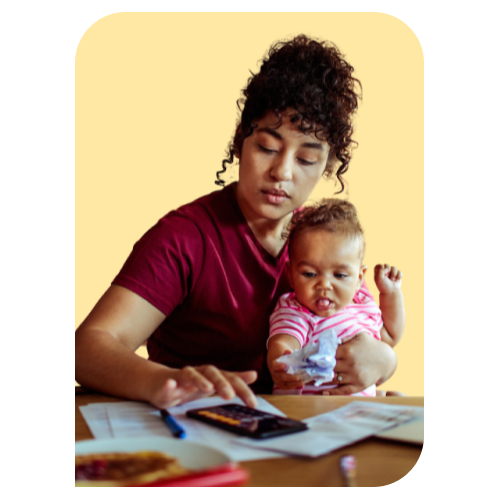Setting a Global Standard for Family-Friendly Working
Organisations increasingly want to make sure their efforts are making a positive difference in the world. Global Work + Family Standards have been developed in line with a social impact framework to support organisations to measure and communicate the social value of their provisions and encourage commitment to continuous improvement. They are designed to:
-
Educate employers on the importance of embracing family-friendly policies and practices.
-
Certify employers that meet minimum standards and recognise those that go above and beyond.
-
Provide a framework and guidelines to employers to foster an inclusive workplace culture.
-
Share evidence-based best practice from around the world.
-
Support policymakers to formulate improved policies and practices.

Used as a framework, organisations can build and evolve a family-friendly working environment by adopting or enhancing policies and practices across the six areas: flexible work, parental leave, leadership culture, family care, family wellbeing, and measurement.
Organisations who want to become certified as a Family Inclusive Workplace™ must meet the minimum requirements for each area. The criteria has been developed to enable areas of strength and potential improvement to be identified and progress to be assessed.
Global Work + Family Standards
Flexible Work
Parental Leave
Family Care
Family Wellbeing
Leadership Culture
Measurement
Flexible Work Standards
Parental Leave Standards
Family Care Standards
Family Wellbeing Standards
Leadership Culture Standards

